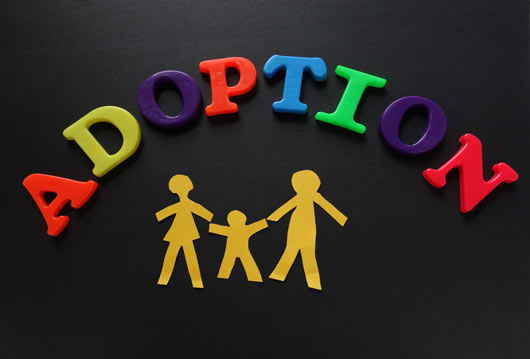
Inter-generational relationships are a great way for children to get a sense of history, context, and perspective. Oftentimes, adults other than a parent can connect with your child in ways a parent simply can’t. I’ve seen family friends help teenagers through a rough time at school, grandparents give insightful friendship advice, and uncles get their nieces and nephews to try a new activity. Where a child might be standoffish to his parent, he’s more more willing to listen to relatives and less likely to talk back. Positive child-adult relationships and interacting with their elders may also alleviate any fears your child may develop about the aging process, and create more empathetic adults down the line.
Read Related: Remembering the Cuentos We Grew Up With
More than ever, parents are living in communities without relatives nearby, so creating an environment where your child is consistently interacting with other adults is challenging. Lean on your friends! While your friends with kids of similar age are always great (especially for playdates and group activities), don’t forget your friends who either don’t have children or who have older children. Our friends with teenage children are eager to spend time with our son (who is only 3), since they enjoy a taste of those early years. They bring a unique level of energy and enthusiasm, and since these are experienced, seasoned parents, I’ve learned a tremendous amount about parenting from them. And their teenage children have become an integral part of our son’s life; they come over for holidays, birthdays, weekends, as though they are part of the family.
Positive child-adult relationships with friends and teachers can help encourage social ease and confidence. And this can pay off in many ways. Then there are the practical benefits: for example, when high schoolers are interviewing for college or trying to get an internship. But its much more than that. Bonding with elders allows your child to get exposed to and learn from a broader range of people. It also helps build an appreciation for the past. As a parent, stories about your younger years can get old really fast, but hearing stories from a diverse range of adults gives your child unique insights into history. Kids are also quick to turn a deaf ear to parents and their wisdom. However, an adult friend could give the exact same advice and the teenager would consider it the best advice he’d have ever heard.
Ultimately, it is important for kids to respect, trust and learn from adults of all kinds. As soon as we learn that we, as parents, cannot be all things to our children, the better. Introducing them to a variety of cultures, adults, insights and opinions will develop strong, confident, well-adjusted children and, eventually, adults.
Parenting expert, mom-of-one and Kinsights Co-Founder Jennifer Chung knows that being a parent can often feel like a confusing and isolating experience, especially for first-time parents or parents of a child with a medical condition. She contributes her parenting expertise to online, print, and broadcast media outlets on all topics of baby, family, and parenthood. She also knows that parents often get the most useful advice from each other, and Kinsights was developed to make that process easier by connecting you with parents who have been in your shoes before and who could provide relevant advice. Kinsights also helps parents organize their child’s health information, as they created a user-friendly interface that any parent could use to create a beautifully charted personal health record.











